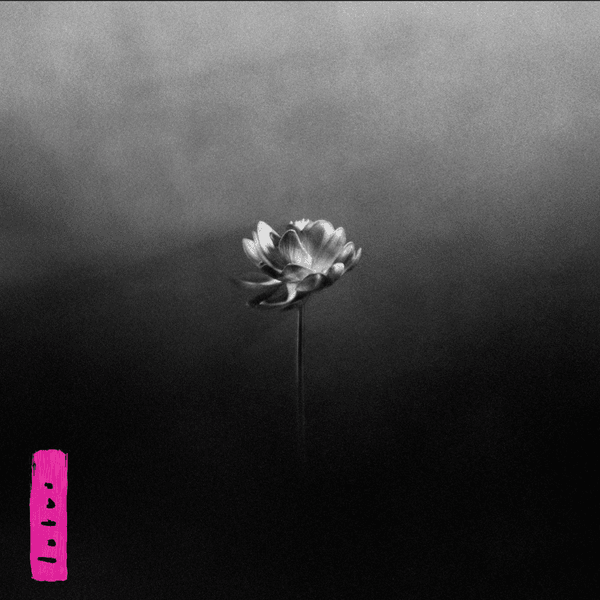"It's Alive"

Albums that revive certain sounds from the past run the risk of playing like a copy of a copy. That La Luz seems be interested in only those types of sounds – girl-group R&B, surf pop, garage rock – betrays either intrepid defiance or clever calculation, depending on your perspective.
Indeed, a solid decade after most of these sounds were at their most revivalist-chic, there is a certain kind of bravery in investing this heavily in mid-60’s stomp-and-grit. As it stands, La Luz have given themselves the unenviable task of getting Rock and Roll Hall of Fame exhibits to stand up and walk around. In fact, an album title like It’s Alive seems to imply a certain Frankenstein’s Monster exclamation, as if the band itself is reacting to the electricity they’re attempting to pump into inert materials. Essentially a sun-bleached quilt of Phil Spector, Nancy Sinatra, Link Wray, and the Nuggets compilation, It’s Alive lives and dies by making that collection of styles work, suffering when the album sounds too much like a faded postcard, excelling when Frankenstein still manages to thrill.
The album’s early going underlines the tough balance with which La Luz tasks itself, attempting to capturing a sound’s aura without slavishly coloring inside its lines. “Sure As Spring” is a solid jaunt of reverb-dripped guitars and buzzy organ (an early flare of tremolo riffing speaks volumes about the surf rock aesthetic that most audibly defines the record), and the song’s smoky melody deepens the beach noir mood. However, retroisms (a prickly mid-song guitar solo and organ run both feel du rigueur rather than stakes-raising) get in the way more than add anything of substance. The song is never less than enjoyable, but it’s never really anything more either. The same goes for the spacious jangle-soul of “All The Time,” a song whose melody is a bit too content to stop at “evocative” (mostly of The Crystals or The Ronettes) when it could have been truly poignant.
“Morning High” uses the haze of five decades to its advantage, letting wispy blankets of organ and semi-clean guitar hang like clouds around diffuse, tired-sounding melodies. The fog feels like a part of what the song is, as opposed to a design choice for what the band is going for. Where certain songs on It’s Alive feel like unassuming indie pop numbers that have been run through a Santa Monica jukebox circa 1966, “Morning High” comes across like a tune for which vague echo is its most natural state. Lines like “Morning high / Sure as the sun will rise” are stretched like gauze until they come apart in bits of cotton, apt for a song that seems to be about frayed nerves.
“Sunstroke” warps around a sidewinding riff that finds middle ground between B movie surf menace and spaghetti western cool, but largely seems satisfied with evoking the dog-eared vinyl you’d find in ultra-discount bins. It’s a minute and a half of pastiche that’s too good at its job (the creative limits of surf guitar are painfully self-evident when you title a song “Sunstroke”), never quite finding spaces to inject whatever makes La Luz pick up their instruments in 2014 for too much attention to their allegiances to the mid-60s. “Phantom Feelings,” the album’s other instrumental (and penultimate track) plays in a similar sandbox, but with a lighter touch of literalism, finding room for reverb splashes, flecks of jazz notes, and even a brief drum solo. Personality doesn’t ever quite leak through on “Phantom Feelings,” but the band’s affinity for Kennedy-era So-Cal garages at least sounds fun rather than studious.
It’s Alive finds bright spots whenever La Luz is confident enough to let their compositions radiate past their retro-framing ideas. “Call Me In The Day” invests in the same beachside torch song mood as the rest of the album, but its melody is salient, and the track’s sense of slow-burning menace makes it a captivating highlight. Indeed, lines like “As a boulder slowly gaining speed on down a hill / In your path, nothing I could do” seem to betray the band’s sense of both the un-deniability of the song and the vague danger of its girl-group harmonies and disarmingly sweet hook. The song is poisoned fruit, posing as a candy apple. It’s on “Call Me In The Day” where La Luz appears to hit upon the narrative strength of this pre-Beatles pop, the ways in which Phil Spector productions or oddball So Cal indie singles would play out like mini melodramas. Essentially, the song benefits from digging a bit deeper into its source materials. Like She & Him or Saturday Looks Good To Me – groups who have found inspiration in the compositional, pop-craft ideas of the 1960s – La Luz excel when they commit to the way the songs of that era worked, rather than settling for the aura or the pleasant, used-vinyl memories of it all.
Get the Best Fit take on the week in music direct to your inbox every Friday

Patrick Wolf
Crying The Neck







